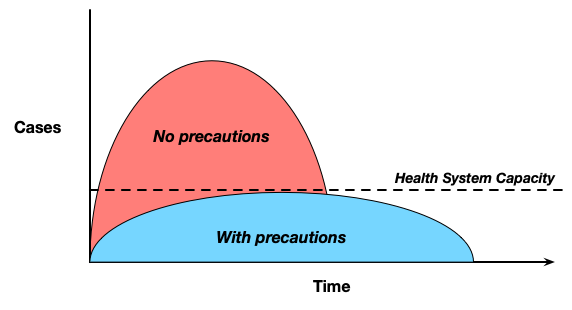So, I’ve written before about ‘learning engineering’. And, separately, it’s become an issue just what the term means. It appears there are two ‘learning engineerings’, and the issue is how to resolve them. So, let’s look at the contenders.
First, there’s the notion of engineering as applied science. We refer to chemical engineering as applied chemistry, electrical engineering as applied physics, etc. There’s not a one-to-one correspondence between label and theoretical field, but there is a relationship of theory and application.
Thus, learning engineering could be the application of learning science to the design of instruction. Which is ‘instructional design’. And, to be clear, there’s a contingent that suggests this is what learning engineering could and should be. I, for one, think we should be looking to a focus on applied learning science instead of thinking of designing instruction, simply because the entrenched practices have devolved to content and a quiz. Which isn’t true ID, but…
On the other hand, there’s another perspective. Here, we’re recognizing that new technologies, particularly when we get to content systems, require a considerable amount of engineering to put them together. It’s applying computer systems to meet learning needs. Here, this is a complement to instructional design, where we’re looking at the engineering to support learning. And this is a valid recognition. Increasingly, we separate out design from development, and the development to make a full learning experience. It just could be the developer using an authoring tool, but when we’re talking AR/VR, or adaptive systems, and blended learning experiences and a Total Learning Architecture, it’s more.
As I see it, there’re two potential outcomes. We leave ID as the ‘applied learning science’, and let learning engineering mean the bit-twiddling (informed by learning science). Or, we reenergize ID by relabeling it, and come up with a new term for the complex system creation.
I guess I’m kind of inclined to the former, except, we relabel ID as LXD. So we have LXD and LXE (because you can’t call it LXDesign and LXDevelopment because then you have acronym confusion :). That’s my take, what’s yours?

